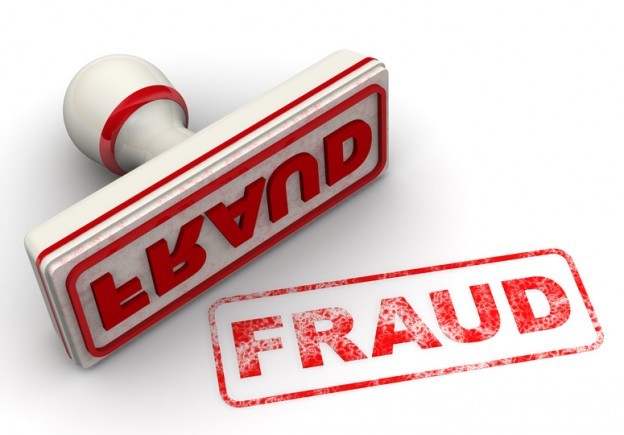
Resume Fraud – Are You Guilty?
Have you ever left an employer off your resume? Or have you stretched the number of years or areas of responsibility at a past job? What might seem like a simple bending of the truth is actually fraud. Resume fraud is not only unethical – it’s often illegal and can be punishable by law.
You may think that taking ‘creative license’ with your CV will give you an upper hand in a job hunt, but it can hurt far more than help.
Lying on resumes takes many forms – padding your experience, adding education or credentials and, yes, even omission of information is considered a lie. Think you won’t get caught? Wrong.
Most employers do background checks – either formal or informal. Today, informal background checks are easy. Nearly all employers google a candidate, as well as their current or recent past employers. If you’ve inflated your job title or responsibilities, a few key strokes will uncover the truth. If you’ve exaggerated your education, community involvement or awards and honors – those facts are also easily electronically checked. A large number of employers also conduct formal background checks by hiring companies that thoroughly vet a candidate’s personal and professional history.
9 Types of Resume Fraud
- Inflating job titles and past experience
- Exaggerating education, fabricating degrees and/or professional credentials
- Stretching dates of employment
- Omitting past jobs/employers
- Embellishing past accomplishments, experience and skills
- Stating inaccurate reasons for leaving past employers
- Covering gaps in employment with false information
- Providing phony references
- Misrepresenting military service
Playing with Fire and Getting Burned
The interesting thing is that many professionals think a lie or two on a resume is expected and that the worst outcome is they won’t get the job. But resume fraud can actually lead to financial penalties and even jail time. For instance, if you’ve exaggerated your knowledge and expertise which led to the mishandling of your firm’s, or your firm’s clients’, business – that could be punishable by law. In some states, falsifying your education is a misdemeanor and can carry a hefty financial penalty. At the very least, if you are hired and your new employer discovers the fraud, you will be fired.
I’m a career consultant and recruiter, specifically for public accountants. I coach job seekers daily. The bottom line for all professionals should be honesty. If you’re not honest, ethical and transparent – your career will pay the price.
I welcome your comments. Connect with me on LinkedIn.
Interested in more career nutrition? Check out the Career Wellness section of the SterlingFreeman website.
